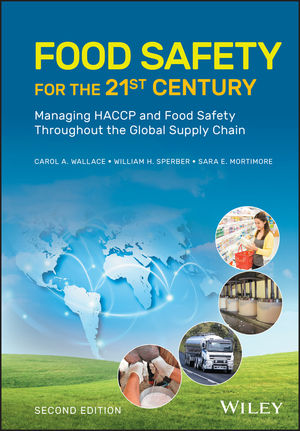GMA, Battelle launch tool to fight food fraud
EMAlert is a secure and intuitive web-based software tool that allows food manufacturers to analyze and understand their company-specific economically motivated adulteration vulnerabilities.

The Grocery Manufacturers Association (GMA), Washington, D.C., partnered with Battelle Memorial Institute, a non-profit research and development organization based in Columbus, Ohio, to develop EMAlert, a secure and intuitive web-based software tool that allows food manufacturers to rapidly analyze and understand their individual, company-specific economically motivated adulteration (EMA) vulnerabilities in the manufacturing process.
"The impact on any particular company can range from minor economic damage to the potential loss of economic viability of the organization," says Shannon Cooksey, vice president of science policy and regulatory affairs for GMA. "GMA joined with Battelle to develop a better way of prioritizing the actual risks to specific commodity supply chains at any time, so that decision makers can best apply their resources to the vulnerabilities of greatest importance."
EMAlert also provides manufacturers with an effective resource to assist with meeting the requirements of the FDA's Food Safety Modernization Act (FSMA) Preventive Controls for Human Food Rule. Compliance dates for some businesses begin in September, and require covered facilities to establish and implement a food safety system that includes an evaluation of hazards that may be introduced for economic gain.
"EMAlert works by providing quantitative estimates of an organization's vulnerability to EMA for each commodity included in the analysis based on a combination of characteristic attributes and subject matter expert-based weightings," says Ashley Kubatko, principal research scientist at Battelle. "The approach focuses on predicting fraudulent tendencies similar to approaches used by Battelle for the U.S. Department of Homeland Security to predict terrorist tendencies and preferences."
By analyzing the attributes that contribute strongly to existing vulnerabilities, food safety and defense professionals may also identify alternative strategies, such as identifying suppliers from a more favorable region of the world or investing in research to develop identity tests for targeted commodities.
Looking for a reprint of this article?
From high-res PDFs to custom plaques, order your copy today!









